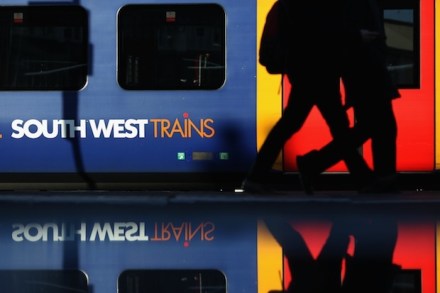My friend Denise doesn’t know where London ends – just when it ends
The look on her face said it all. I can always tell my friend Denise is upset about something when she is sporting an especially wide grin. Denise is from Jamaica and is a devout Jehovah’s Witness. She takes most catastrophes by being alarmingly cheerful about them because they just go to prove that the end is nigh. Whenever I am with her and something goes wrong, she invariably laughs and exclaims: ‘No good, Mey-lissah!’ She then treats me to a lecture about how wicked the world is and how the day of judgment is coming any day now. I’m inclined to agree with her most of the time. And

















